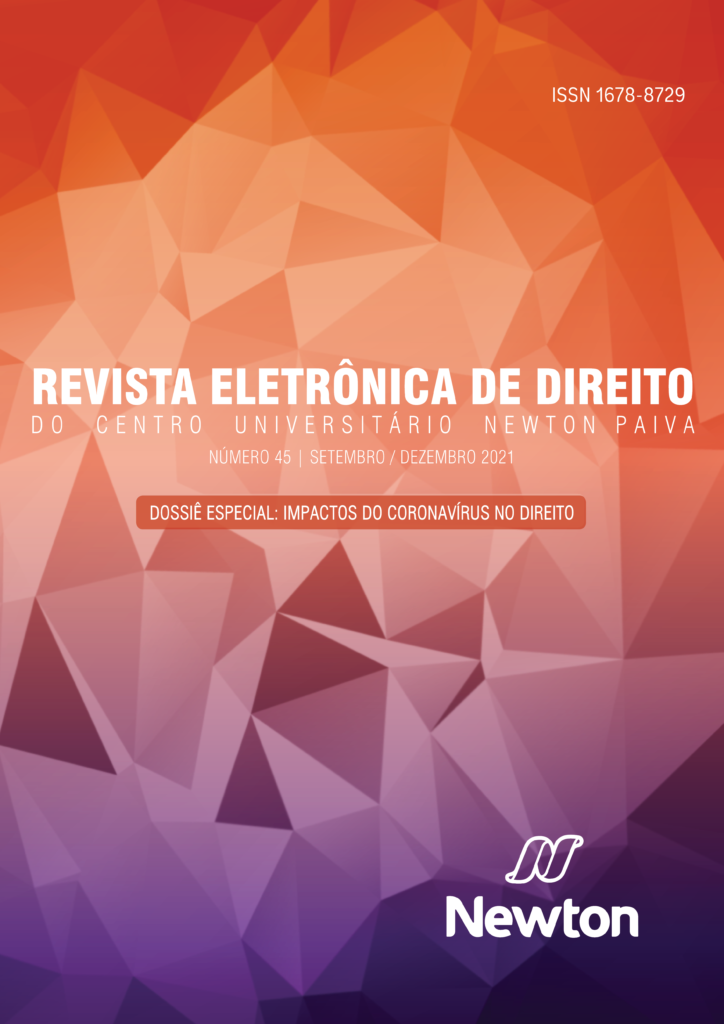THE PATRIMONIALIST MODEL ADOPTED IN THE ORGANIZATION AND FORMATION OF THE BRAZILIAN STATE, THE CONSEQUENTIAL CORRUPTION AND THE NEED FOR ADOPTION OF PUBLIC ETHICS CODES
Resumen
The present scientific article is intended to find the answer to the following question, which constitutes in its main issue: what could avoid corruptive practices in the public administration, considering the patrimonial management model historically adopted in the Brazilian public administration? In order to answer the question, this research is divided into three topics, with the following aims. In the first topic it is intended to show the difficulty of conceptualizing corruption, due to its multifaceted phenomenon character which can vary depending on the historical moment it occurs. In the second topic it is intended to highlight that corruption in the public management can be considered a result of the State patrimonialistic model, adopted in the construction of the public administration. Finally, the third topic is to point out the need to adopt rational codes in public administration, which determines assignments and build an impersonal official framework, as one of the solutions to avoid corruptive practices and punish them effectively, in case they occur. The method of this study is deductive. The procedure method is the historical critical and in terms of the technics of the research, indirect documentation with bibliographical references from primary and secondary sources were used.




